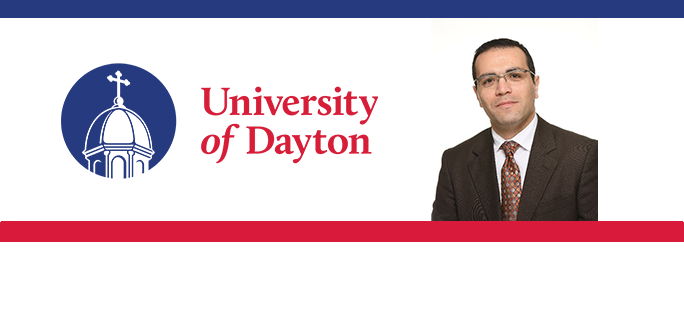Tag: Health
-
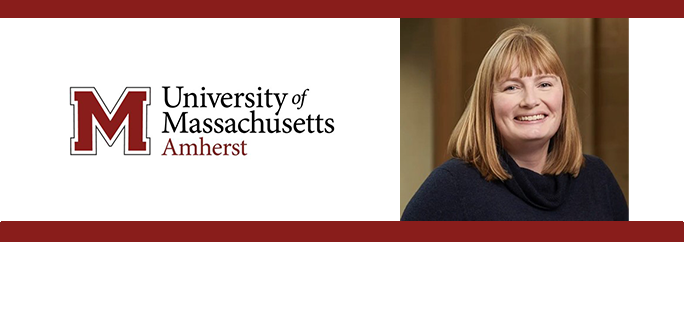
Jamie Hartmann-Boyce, University of Massachusetts Amherst – Best Ways to Quit Vaping
Quitting an addiction is never easy. Jamie Hartmann-Boyce, assistant professor of health policy and management at the University of Massachusetts Amherst, explores one new way to try. Jamie Hartmann-Boyce is an Assistant Professor of Health Promotion and Policy at the University of Massachusetts Amherst. Her research mainly consists of applied evidence synthesis for health policy,…
-

Melinda Boyd, Cedar Crest College – Food Nostalgia
What is food nostalgia and how can it help seniors? Melinda Boyd, assistant professor of nutrition and public health at Cedar Crest College, whets our appetite. Melinda Boyd is an assistant professor of nutrition and public health at Cedar Crest College in Allentown, Pennsylvania. Her higher-education teaching experience includes teaching courses in clinical nutrition, public…
-
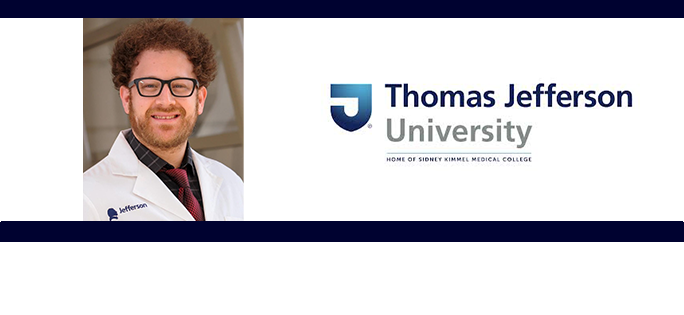
Kory London, Thomas Jefferson University – Opioid Withdrawal in the Era of Fentanyl
The opioid crisis is still a big issue with no end in sight. Kory London, associate professor of emergency medicine at Thomas Jefferson University in Philadelphia, explores a new method for treating those afflicted. Dr. London is an emergency and addiction physician who practices in Center City and South Philadelphia. He is the co-director of…
-

Colby Teeman, University of Dayton – Does Chicken Soup Really Help When You’re Sick?
On University of Dayton Week: Does chicken soup really help when you’re sick? Colby Teeman, professor of dietetics and nutrition, gets to the meat of the matter. I am an Assistant Professor of Dietetics and Nutrition at the University of Dayton. I am the graduate research coordinator for the Master’s program and teach courses in…
-

Emily Smith-Greenaway, University of Southern California – The Growing Impact of Overdose Deaths on U.S. Children
Overdose deaths don’t just affect other adults; the children are hurt too. Emily Smith-Greenaway, Dean’s professor of sociology and professor of sociology and spatial sciences at the University of Southern California Dornsife, details this growing impact. Professor Smith-Greenaway’s research areas include demography, health, mortality, bereavement, inequality, family, and international sociology. Her research examines how social…
-
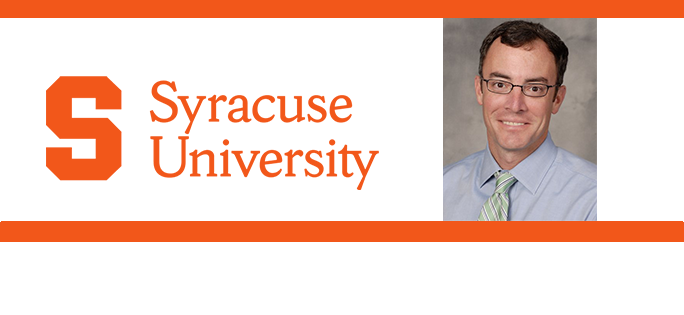
Kevin Antshel, Syracuse University – Examining the Surge of ADHD in U.S. Youth Post-Pandemic
ADHD diagnoses are becoming more and more common. Kevin Antshel, professor of psychology at Syracuse University, explains why. Kevin Antshel is a Professor of Psychology and Director of the ADHD Lifespan Treatment, Education and Research (ALTER) program at Syracuse University. Dr. Antshel is a licensed psychologist and board certified in clinical child and adolescent psychology.…
-

Sophie Zaaijer, University of California, Riverside – How Your Skin Tone Could Affect Your Meds
Your skin tone could affect the medications you take. Sophie Zaaijer, scientific consultant and researcher at the University of California, Riverside, explores why. Dr. Sophie Zaaijer is a multifaceted innovator at the intersection of science, entrepreneurship, and the arts. She is a consultant and researcher affiliated with the University of California, Riverside. Dr. Zaaijer’s current focus…
-

Joan Grossman, University of Scranton – High Intensity Interval Training for Women
One type of workout could be a HIIT for women. Joan Grossman, associate professor of kinesiology and nutrition at the University of Scranton, explains. Dr. Joan Grossman is an Assistant Professor of Exercise Science and Sport who joined the University of Scranton faculty in 2010. She earned her B.S. from King’s College, her M.S. from…
-
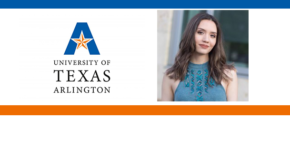
Alexandra Jamieson, University of Texas at Arlington – Disability Community Needs Better Access to Exercise
Exercise equipment and technology make working out easier, but it’s hard for people with disabilities to access them. Alexandra Jamieson, research scientist at the University of Texas at Arlington, works to fix this. Jamieson received her BS in Biomedical Engineering at the University of Texas at Arlington in 2018. She has been working as a…

